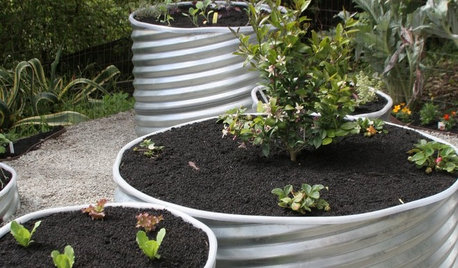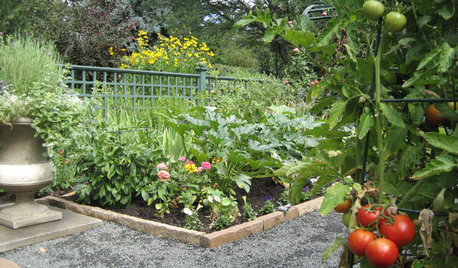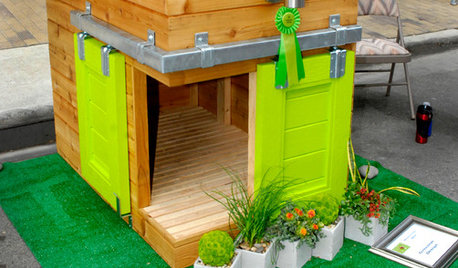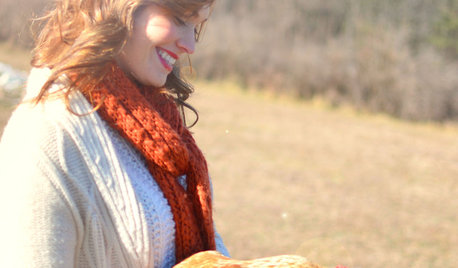Ants in my raised bed
gmanar
10 years ago
Featured Answer
Sort by:Oldest
Comments (16)
shermthewerm
10 years agoRelated Professionals
Ilchester Landscape Architects & Landscape Designers · Jennings Landscape Architects & Landscape Designers · Kyle Landscape Architects & Landscape Designers · Edmond Landscape Contractors · McKinney Landscape Contractors · Fair Lawn Landscape Contractors · Fort Atkinson Landscape Contractors · Glendale Heights Landscape Contractors · Munster Landscape Contractors · Northbridge Landscape Contractors · Pueblo West Landscape Contractors · Riverview Landscape Contractors · San Pedro Landscape Contractors · Vancouver Landscape Contractors · Chicago Driveway Installation & Maintenancegmanar
10 years agosunnibel7 Md 7
10 years agogardenper
10 years agosusanzone5 (NY)
10 years agogmanar
10 years agoIHeartGroceries
10 years agodigdirt2
10 years agoyolos - 8a Ga. Brooks
10 years agoIHeartGroceries
9 years agotracydr
9 years agomishnata
9 years agogmanar
9 years agoprairiemoon2 z6b MA
9 years agoprivatesaba
7 years ago
Related Stories

FARM YOUR YARDHow to Build a Raised Bed for Your Veggies and Plants
Whether you’re farming your parking strip or beautifying your backyard, a planting box you make yourself can come in mighty handy
Full Story
GARDENING GUIDES8 Materials for Raised Garden Beds
Get the dirt on classic and new options for raised vegetable and plant beds, to get the most from your year-round garden
Full Story
GARDENING AND LANDSCAPINGRaised Beds Lift Any Garden
From good old-fashioned wood garden boxes to modern metal troughs, raised beds can make any landscape space look great
Full Story
GARDENING AND LANDSCAPINGBuild a Raised Bed to Elevate Your Garden
A bounty of homegrown vegetables is easier than you think with a DIY raised garden bed to house just the right mix of soils
Full Story
SPRING GARDENINGInspiring Raised Beds for Fall and Spring Planting
Make Your Next Vegetable Garden Even Better with Beautiful Boxes and Paths
Full Story
PETSRaise the Woof: Doghouses Delight at Barkitecture 2012
Designs at an annual Austin fundraiser are whimsical, practical and downright luxurious — no bones about it
Full Story
BARN HOMES12 Bar-Raising Barns
Homeowners make hay out of renovated, reclaimed and newly raised outbuildings
Full Story
GARDENING AND LANDSCAPINGRaise Backyard Chickens Without Ruffling Neighbors' Feathers
Before you build a coop in the backyard, follow these strategies to help keep your neighbors from squawking
Full Story
WINDOW TREATMENTSRoller Shades Raise the Curtain on Style
The humble window treatment is stealing the scene with fresh patterns, color and pizzazz
Full Story
HOUZZ TOURSHouzz Tour: A Radical Reconstruction Raises an Austin Home
With a new second floor and some room swapping downstairs, this 1935 Texas bungalow now fits an architect and his family beautifully
Full StoryMore Discussions








digdirt2